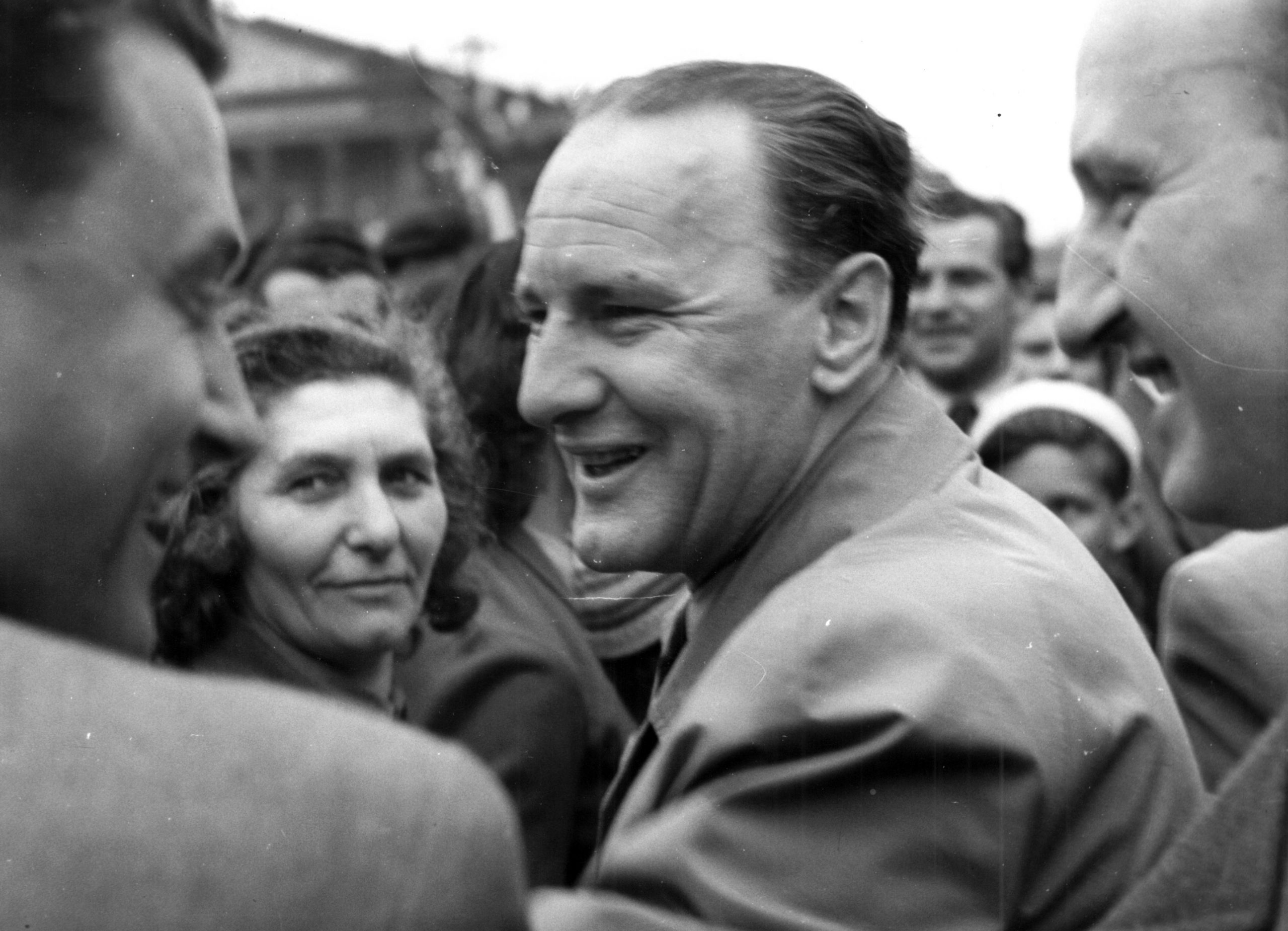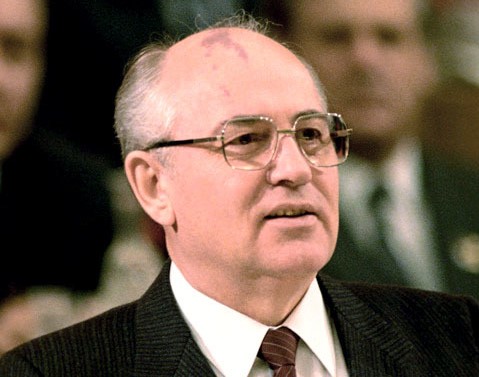
While they are remembered as heroes today, Hungarian freedom fighters who were forced to flee their homeland were labelled traitors and rebels by the General Secretary.Continue reading

After a long illness, Mikhail Gorbachev, the first and last President of the Soviet Union and the last General Secretary of the Communist Party of the Soviet Union, has died at the age of 92. Russian President Vladimir Putin expressed his deep condolences on his death, Kremlin spokesman Dmitry Peskov said.
The politician will reportedly be buried next to his wife Raisa at the Novodevichy cemetery in Moscow.
The Soviet leader’s death was also commemorated by Fidesz MEP Kinga Gál on her Facebook page, who wrote that Gorbachev was the man who in the early 1990s understood that peace was more important than anything else: “After more than 30 years, his life’s work stands as an example, because Europe and the world still need peace.”
Hungarian President Katalin Novák also commemorated Gorbachev by writing a letter to his daughter, Irina Virganskaya.
— Katalin Novák (@KatalinNovakMP) August 31, 2022
Gorbachev was born on March 2, 1931 in a village called Privolnoye and entered the law faculty of Lomonosov Moscow State University. He met his wife there and became a member of the Soviet Communist Party in 1952, while Stalin was still alive. After university, he returned to Stavropol, near his native town, where he began working in the prosecutor’s office.
Gorbachev then joined the Komsomol, where he became deputy head of the Stavropol agitation and propaganda department. He later became a member of the Central Committee of the USSR Communist Party, then its secretary, and with Leonid Brezhnev’s approval, a member of the Politburo, the inner circle of the Soviet leadership.
One of Mikhail Gorbachev’s first measures was an alcohol ban, which deprived Russia of the very popular vodka for five years. Meanwhile, the West celebrated the Soviet politician for signing disarmament treaties such as the 1987 INF on the dismantling of short and medium-range nuclear missiles, and the 1991 Start I agreement on the mutual limitation of the number of nuclear warheads.
Gorbachev’s name is also associated with one of the best-known Soviet concepts, perestroika, which focused on the radical reorganization of economic and political life, and glasnost, which referred to publicity and the control of politics by society.
In 1990, a constitutional amendment made Gorbachev President of the Soviet Union and technically independent of the Politburo. In August 1991, however, he faced a coup, which Boris Yeltsin saved him from – but in reality Yeltsin was preparing a Russia no longer of the Soviet Union’s stature, with himself at the helm.
Gorbachev finally resigned on December 25, 1991, after Yeltsin signed the Belovezh Accords with the Belarusian and Ukrainian leaders, which ended the Soviet Union. The former leader had one more attempt after that, when he ran for president again in 1996, but only won half a per cent of the vote.
Gorbachev played a huge role in the break-up of the Soviet Union and regime change, and his presidency saw the end of the Cold War.
Although he is revered in the West for this, his legacy and image among Russians is complicated, with many blaming him for the chaotic economic situation and falling living standards after his presidency.
Featured photo: Wikipedia